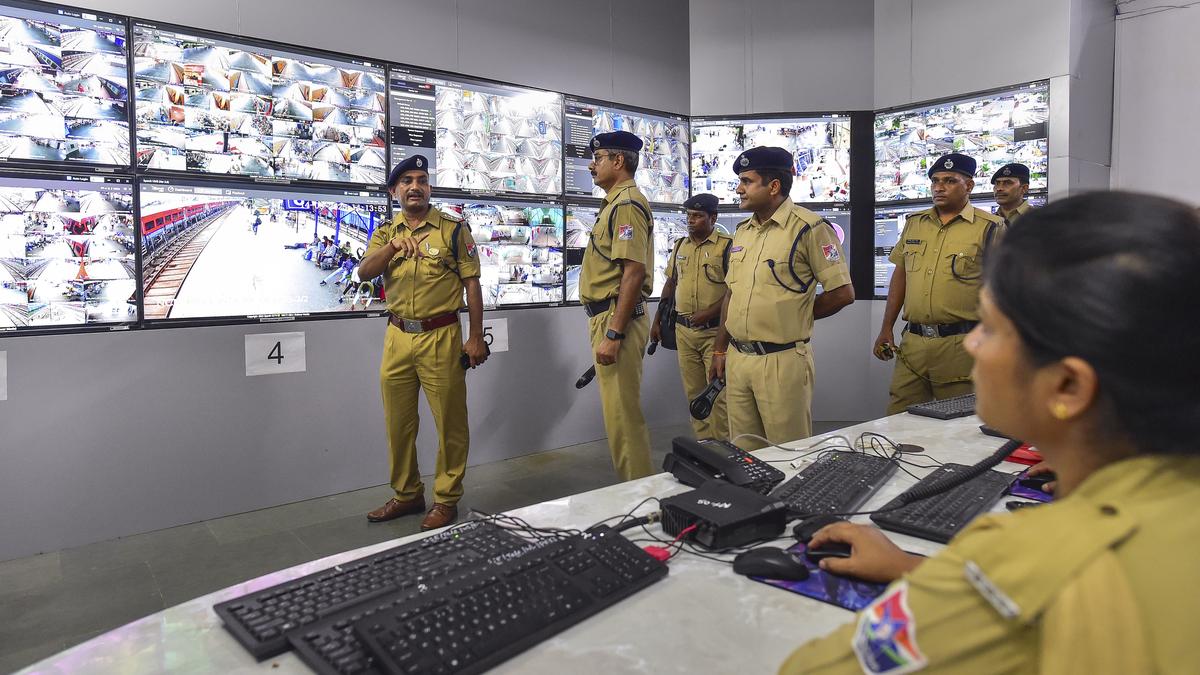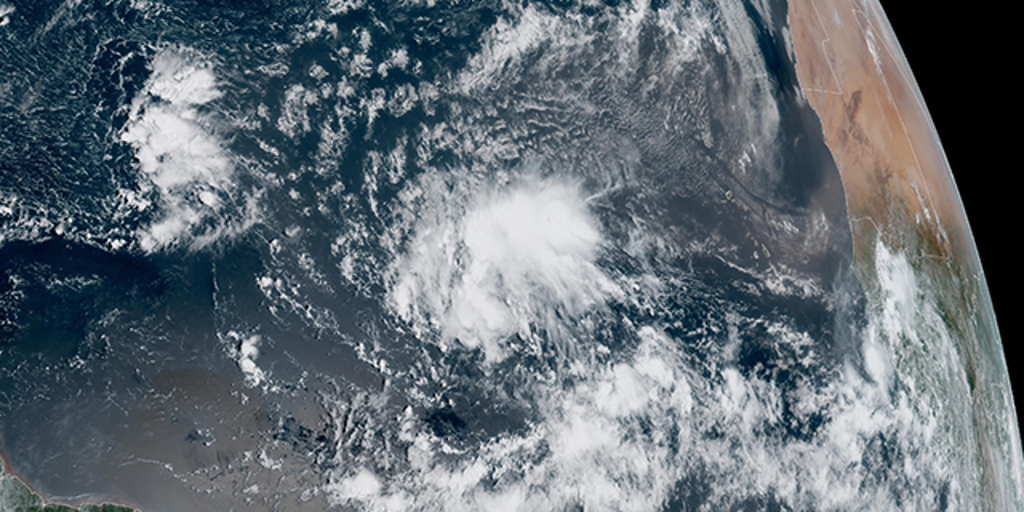By Aaratrika Bhaumik
Copyright thehindu

The Supreme Court on Monday (September 15, 2025) said it was considering setting up fully automated control rooms to detect non-functional CCTV cameras in police stations.
A Bench of Justices Vikram Nath and Sandeep Mehta said such a system could prevent instances of police deliberately switching off cameras or erasing recordings. The judges noted that these concerns persist even when CCTV cameras are installed in compliance with earlier directions and State authorities file affidavits claiming adherence.
“What we were thinking of is a control room in which there is no human intervention. So all feeds are provided to the control room, and if any camera goes off, immediately, there is an alert. That is the way this thing can be tackled. There is no other way,” Justice Mehta said.
The Bench said inspections of police stations by an independent agency would be necessary in the initial stage. “We may think of involving some IIT to provide us with a software, by which every CCTV feed is monitored at a particular place, and even monitoring should not be human, all by artificial intelligence,” it observed.
The judges further underscored that any CCTV camera found non-operational should be immediately reported to the legal services authority or the designated oversight body.
In 2020, a three-judge Bench led by Justice Rohinton F. Nariman (now retired) in Paramvir Singh Saini v. Baljit Singh had directed the Centre to install CCTV cameras and recording equipment in all police stations as a safeguard against custodial torture. However, with custodial deaths continuing, the court on September 4 took suo motu cognisance of a Dainik Bhaskar report which said that 11 people had died in police custody over the past eight months. The report also noted that CCTV footage was often withheld, with police citing faulty cameras, lack of storage, or confidentiality.
‘Glaring fact’
The Bench also heard submissions from senior advocate Siddhartha Dave, who was appointed amicus curiae in the 2020 case. Mr. Dave pointed to a “glaring fact” that the Centre, despite overseeing multiple investigative agencies, had failed to comply with the apex court’s directions. He said the National Investigation Agency, the Enforcement Directorate and the Central Bureau of Investigation had not implemented the 2020 directive.
However, he submitted that some States had complied with the December 2020 order mandating the installation of CCTV cameras in every police station. “Today there might be a compliance affidavit, but tomorrow, there might be instances where police officers might divert or switch off the cameras,” the Bench cautioned.
The court reserved its order and listed the matter for September 22.
In its 2020 judgment, the apex court had directed all States and Union Territories to ensure that CCTV cameras were installed in every police station at entry and exit points, the main gate, lock-ups, corridors, lobbies, reception areas, and outside lock-up rooms, so that no part of the premises was left uncovered.
“As most of these agencies carry out interrogation in their office(s), CCTVs shall be compulsorily installed in all offices where such interrogation and holding of accused takes place in the same manner as it would in a police station,” Justice Nariman, who authored the judgment, had ordered. The CCTVs and recording equipment, the court had said, would be used as a safeguard to protect the fundamental right to life and dignity.
The judgment had also mandated that CCTV systems be equipped with night vision and record both video and audio. The government had also been asked to provide electricity and internet connectivity in areas lacking infrastructure “as expeditiously as possible using any mode of providing electricity, including solar/wind power.”



